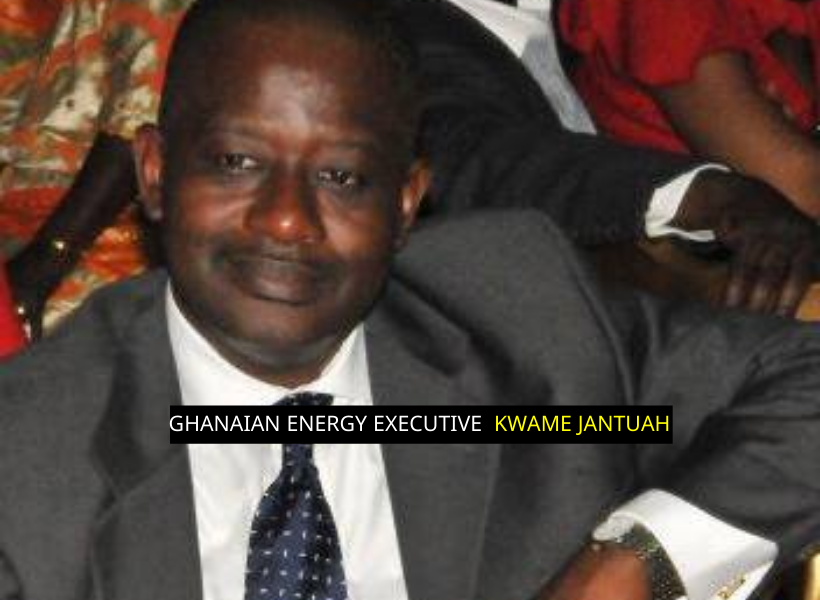Local companies must be observant and wise when it comes to investing in Guyana’s developing oil and gas sector, says Chief Executive Officer (CEO) of Africa Energy Consortium, Ghanaian politician, lawyer, and diplomat, Kwame Jantuah. He made these comments as he presented, “The Evolution of Local Content: The Ghanaian Example”, during the Guyana International Petroleum Exhibition (GIPEX) 2019, that was held last week in Kingston Georgetown.
Jantuah said that it is cheaper for the operators to buy in-country than import products and services. He noted that nearly 80% of the money spent by oil companies is in procurement, which automatically places the onus not only on government, but also on businesses to find out what these monies are spent on, and “claim the turf”.
But, claiming the turf also forces local companies to become more competitive by ensuring that their standards are elevated – which is the deciding factor in getting a foot into the industry. “…Claim the turf once you understand what the quality requirements are, and get to know the kind of certification and standards that are required,” said Jantuah.
In conveying the Ghanaian example, Jantuah said that local companies were forced to raise their standards because the industry required it.
“So, for example, in the agricultural sector, it is people like you and I who work on the rigs and on the FPSOs and people eat, hence there is demand for agricultural produce. But if the quality of the produce is not of international standard and has a lot of bacteria and pesticides it won’t be patronized for sale because the operators cannot afford any of their technical staff to fall sick from the food supplied because of the kind of strict rotation of technical crew required,” he said.
Jantuah said that Ghanaian companies had to stand by and watch as operators imported their fresh produce. This continued until local companies “got the drift” and started growing fresh produce under greenhouse conditions.
This ultimately led to local companies extended beyond the oil and gas industry, as other local and export markets for the producers began to open.
“Don’t think money, think quality of product because a good product will bring the money in and make one competitive,” he said.













